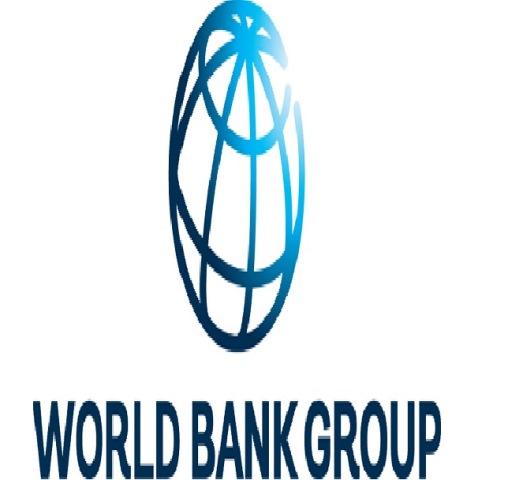World Bank Group Debars Liberian Company, Two Others

World Bank Group
Promotes higher integrity standards as terms of settlements with errant companies
Amid an unprecedented year, the World Bank Group concluded 18 settlement agreements in fiscal year 2021 with companies or individuals who participated in World Bank-financed operations across 13 countries. The final three of these settlements, which resolve matters of sanctionable misconduct, were announced on Wednesday, June 30, 2021. One of these three is a company based in Monrovia, Liberia.
The World Bank Group on Wednesday announced the six-year debarment of Crosswords Ltd. (Crosswords), a trading company in Liberia, in connection with fraudulent and obstructive practices under the Integrated Public Financial Management Reforms for Institutional Strengthening Project II (the IPFMRP II Project) and the Social Safety Nets Project (the LSSN Project) in Liberia.
The debarment makes Crosswords ineligible to participate in projects and operations financed by institutions of the World Bank Group. It is part of a settlement agreement under which the company acknowledges responsibility for the underlying sanctionable practices and agrees to meet specified corporate compliance conditions as a condition for release from debarment.
The IPFMRP II Project is designed to improve domestic revenue mobilization systems and strengthen financial control and accountability in public finances. The LSSN Project is designed to establish the key building blocks of a basic national safety net delivery system, and to provide income support to households that are both extremely poor and food insecure.
According to the facts of the case, Crosswords engaged in fraudulent practices by submitting forged documents in two bidding processes under the IPFMRP II Project and one bidding process under the LSSN Project. Crosswords also engaged in obstructive practices by making false statements and presenting falsified documents to World Bank Group investigators regarding the two bidding processes under the IPFMRP II Project.
The settlement agreement provides for a reduced period of debarment in light of the company’s admission of culpability for the sanctionable conduct. As a condition for release from sanction under the terms of the settlement agreement, the company commits to developing an integrity compliance program consistent with the principles set out in the World Bank Group Integrity Compliance Guidelines. The company also commits to continue to fully cooperate with the World Bank Group Integrity Vice Presidency.
The debarment of Crosswords qualifies for cross-debarment by other multilateral development banks (MDBs) under the Agreement for Mutual Enforcement of Debarment Decisions that was signed on April 9, 2010.
The settlement reached with Crosswords, the Bank said, illustrates how firms can benefit when they acknowledge wrongdoing and commit to reform. While the Bank and company agreed upon a settlement only after the World Bank Group sought to impose sanctions, it nevertheless received a reduced period of debarment in light of its admission of culpability for its sanctionable conduct.
“Each of the announced settlement agreements highlights aspects of the World Bank Group’s efforts to promote higher integrity standards in Bank Group-financed projects,” the World Bank said in a statement.
A first settlement, reached with a company in the Republic of Yemen, exemplifies international anticorruption cooperation. The agreement flowed from a case that was aided by the extensive cooperation of the United Nations Office for Project Services, which is responsible for the implementation of the project under a special financing agreement with the World Bank Group.
A second settlement, which flows from a Bank investigation in Brazil that resulted in multiple sanctions cases, demonstrates how these agreements help promote better business practices. The settling firm, a large contractor, is a frequent business partner of the World Bank Group. Under the agreement, the company commits to develop and implement integrity compliance measures, including among other requirements the development or revision of its anti-fraud policies, improvements in its internal controls, training of its employees on anti-fraud and general corporate ethics, and continued cooperation with the World Bank Group’s anticorruption efforts. Beyond the specific transactions at issue in this case, these improvements in the company’s integrity compliance standards and business practices are expected to benefit the broader portfolio of World Bank projects—current or future—carried out by the company or its affiliates.

